By Meghan Keysboe, LAc, MAcOM | July 31st, 2020
Adrenaline, often called the “fight or flight” hormone, is produced by the adrenal glands, which are two small glands that sit on top of your kidneys and help the body respond to stress. There are two reasons for adrenaline to be released: one is in response to stress, and the other is to ensure that the brain has received enough sugar (glucose). The body uses adrenaline as an aid to create an increase in glucose from protein, as well as stimulate the release of glucose stored in the liver. However, as glucose releases, so does insulin. Over time, sustained high levels of stress can lead to adrenaline dominance, which has a negative impact on health.
There are many reasons for having an increased level of stress. These include having a demanding job, going through a big life change, financial worries, feelings of anxiety surrounding COVID-19 or the political climate, navigating an unstable relationship, or anything that increases your heart rate for prolonged periods of time.
Symptoms of adrenaline dominance caused by chronic stress levels include, but are not limited to:
Insomnia
Restless leg syndrome
Bruxism (teeth grinding)
Tightness in the jaw (TMJ)
The need to urinate at night (usually around 2:30am)
Anxiety
IBS
Lactic acid buildup (leads to fibromyalgia)
Idiopathic diabetes
Weight gain
Poor circulation (cold hands/feet)
Excess adrenaline cuts off circulation to parts of the body including the salivary glands. As a result, hormones have a difficult time getting into the saliva. This is why many naturopathic doctors rely heavily on saliva tests as a diagnostic tool to treat their patients. This technique can diagnose what we call “adrenal fatigue”, which is a presence of low cortisol levels in the saliva. Interestingly, however, excess adrenaline is the number one cause of stress, and the body responds to stress by producing cortisol- the anti-stress hormone. Since adrenaline peaks during the night, especially around 2:30am (causing nighttime urination), a morning cortisol blood test done before 9am is the best way to determine elevated adrenaline levels.
Ways to Treat Adrenaline Dominance:
It is important to remember that the primary reason the body is releasing excess adrenaline is to simply raise glucose levels in the brain. By giving the brain the fuel it needs, there is a reduced need to use adrenaline in order to provide fuel. There are two forms of fuel the brain uses: glucose and ketones. The best source of glucose is derived from vegetables, while ketones can be derived from coconut, or MCT oil. It is important that for each meal you provide one or the other (preferably both).
Michael E. Platt, M.D., who has been board-certified in internal medicine, also suggests adding a 5% (50mg per pump) progesterone cream that is applied 1-3 minutes before eating. He states that not only does progesterone block adrenaline from getting to the receptor cites, it also blocks insulin. Controlling insulin is another way of controlling adrenaline, since it helps to prevent episodes of hypoglycemia.
A further way of treating adrenaline dominance is downregulating your sympathetic nervous system. These ways include:
Acupuncture & Cupping
Massage, Gua Sha, Tuina & Shiatsu
Meditation
Breathing exercises
Yoga
A warm bath with Magnesium salts
Join us at Portland’s Turning Pointe Acupuncture + Wellness & schedule an Acupuncture treatment today! We will be happy to go over additional information regarding adrenaline dominance, as well as other tips to increase your health. All questions and concerns will be addressed during our consult before treatment.
References:
Holt, E. H., & Peery, H. (2010). Basic Medical Endocrinology. Academic Presssciencedirect.com/science/book//9780123739759?via%3Dihub
Understanding the stress response. (2018, May 1)health.harvard.edu/staying-healthy/understanding-the-stress-response
Platt, M. E., (2014). Adrenaline Dominance: A Revolutionary Approach to Wellness. https://www.amazon.com/Adrenaline-Dominance-Revolutionary-Approach-Wellness-ebook/dp


